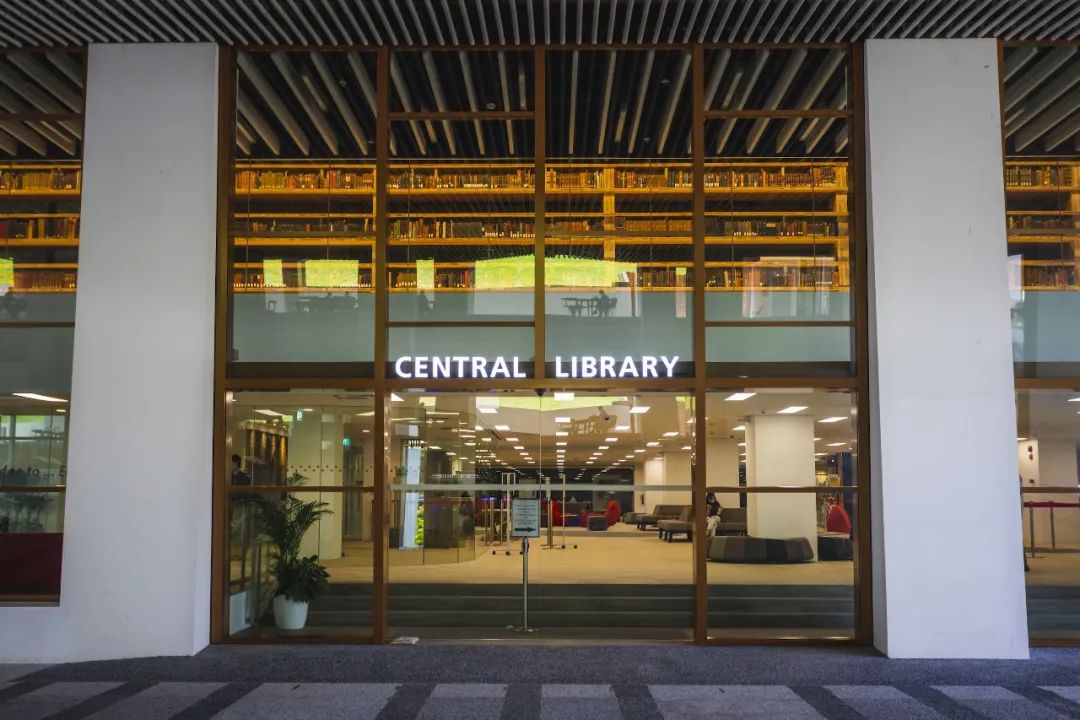As an accomplished process engineer, Zheng Guo could boast of a number of notches on his belt, including being the lead for Research and Development (R&D) and equipment upgrading projects that had won him such accolades as his company’s CEO Award and R&D Award. However, he saw the changes creeping into his industry and worried about falling behind the times. Determined to upgrade himself, he opted to take up further studies in the National University of Singapore (NUS) Master of Science in Business Analytics (MSBA) programme. Subsequently he went on to take up positions at a couple of multinational companies, before striking out on his own to found a company in the semiconductor industry.
.jpg?sfvrsn=992204c2_1)
Zheng Guo’s journey began during his first year at Xi'an Jiaotong University. That was when he was selected for a scholarship programme from Singapore’s Ministry of Education. Setting foot on the NUS campus as an exchange student, he had little idea what to expect. As it turned out, the experience was both rich and colourful.
As an undergraduate studying microelectronics, he needed to complete his core curriculum, which covered engineering-related topics such as nanotechnology, mechanical engineering, simulation and systems engineering. For his electives, however, he was free to choose whatever piqued his interest. So, he eagerly signed up for modules on software engineering, business and even Southeast Asian Studies This flexibility to take a diverse range of modules outside his major was, in Zheng Guo’s opinion, due to NUS’ focus on cultivating students with “comb shaped” skills; the University is intent on equipping its graduates with not only a broad range of skills, but also deep expertise in multiple fields.
Upon graduation, Zheng Guo learned that he could sign up for an alumni membership at the NUS Library. He jumped at the chance to get access to journals containing information about the latest trends in the semiconductor industry, best practices in manufacturing, and developments in digitisation and management.

Observing industry trends
Having earned his undergraduate degree, Zheng Guo embarked on his career, landing a job in the semiconductor industry. His experience during these early years in the industry taught him that while fantastic amounts of data were being generated daily, only a small part was being analysed to extract information and insights.
Over time, he observed the trends and evolution occurring in the industry. All signs indicated that data analytics would play an important role in the transformation of the industry. He believed big data and analytics would synergise well with the existing lean manufacturing and Six Sigma approaches, allowing for more robust and sophisticated data-driven decision-making systems to be developed.
Zheng Guo grew his career. He drove digital projects across such areas as process automation, automated data extraction, systems development and the application of advanced statistical analysis, as well as the development of automated algorithms. As he worked on more of these projects, he realised the limitations of existing systems and methods in the face of increasing digitisation and the need to handle large quantities of data. Eventually, he realised that he needed to equip himself with skills in data mining and knowledge of related topics like big data systems.
.jpg?sfvrsn=143fe9b7_1/640-(1).jpg)
Entering the MSBA course
When he learned about the launch of the MSBA programme in 2013, he knew that it was the course he was looking for. The course, established by NUS, IBM and Economic Development Board (EDB) of Singapore was developed with the aim of equipping professionals with business analytics skills to meet the growing demands of companies looking to improve their operations through data analytics.Taught by lecturers from both the NUS Business School and the NUS School of Computing, the course emphasises a balance between business and data analytics.
Zheng Guo recalled that most of the students in the first intake of the programme had each amassed more than five years of work experience. Most of them had worked in data analytics or a related area in a diverse range of industries, including manufacturing, finance and healthcare. There was even a student in his fifties who had served in the C-Suite and founded his own business.
The students made full use of their professional backgrounds in their capstone projects, supplementing their classroom learning with their practical experience and industry knowledge. They were able to analyse issues in a holistic manner; from planning and choosing data analytics methods to suit specific circumstances, to implementing solutions. They participated in digital transformation projects for DBS Bank, Lenovo, Changi Airport and other similar organisations. The programme also enabled them to network with top executives, giving them an invaluable opportunity to develop their career perspectives and business insights.
Opening new doors
After graduating from the programme, Zheng Guo returned to China and took on key roles in the digital transformation efforts of organisations like DBS Bank and Procter & Gamble. He recognises them as pioneering multinational companies who were investing heavily in digital transformation at the time. His experience provided him with valuable insights into their corporate structures and cultures, how their businesses evolved and what technical infrastructures they put in place.
Eventually, Zheng Guo decided to start a business in the semiconductor industry. After conducting research, he decided to focus on semiconductor equipment and industrial software, due to the low barrier to entry and industry demand. His company currently employs more than ten people with backgrounds in microelectronics, materials, machinery and computing.
Although Zheng Guo keeps himself busy these days as an entrepreneur, he still feels a deep connection to NUS. Twenty years after he first arrived at Kent Ridge, he continues to actively give back to his alma mater, including taking up a position as a guest lecturer at the NUS Research Institute in Suzhou.
.jpg?sfvrsn=62be55ba_1)
To learn more about the MSBA programme, click here.